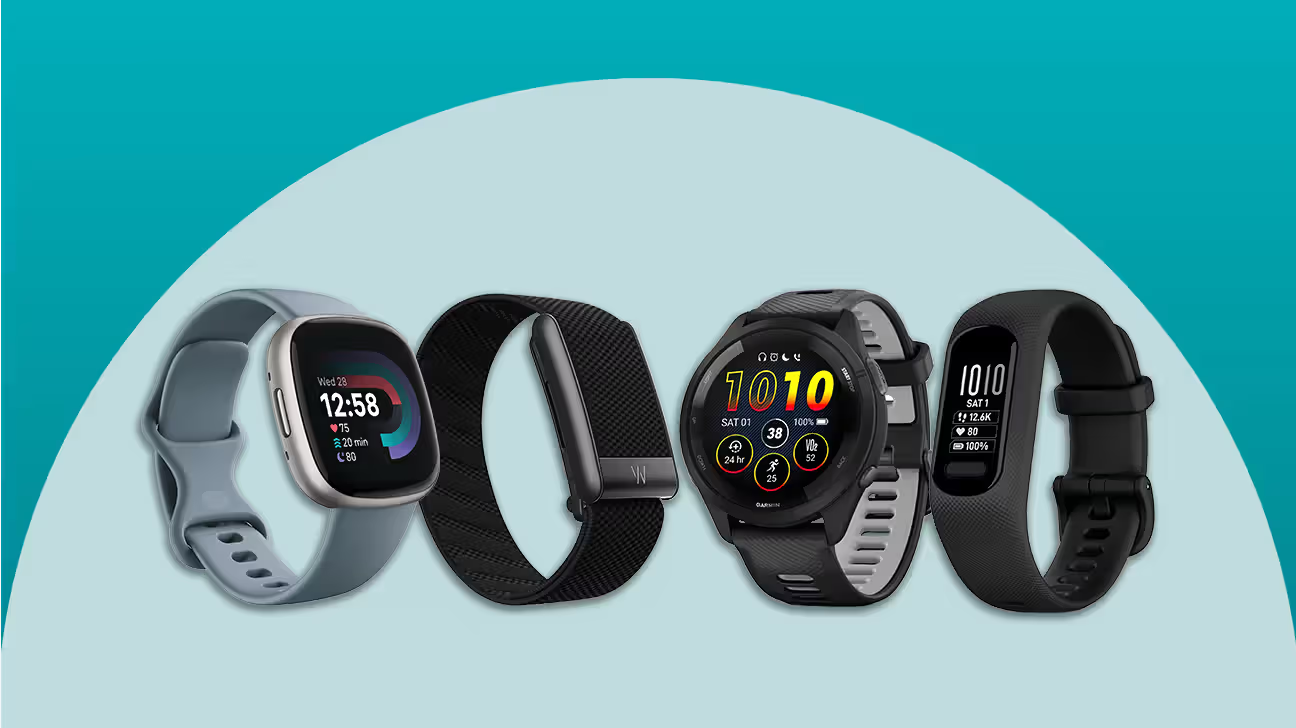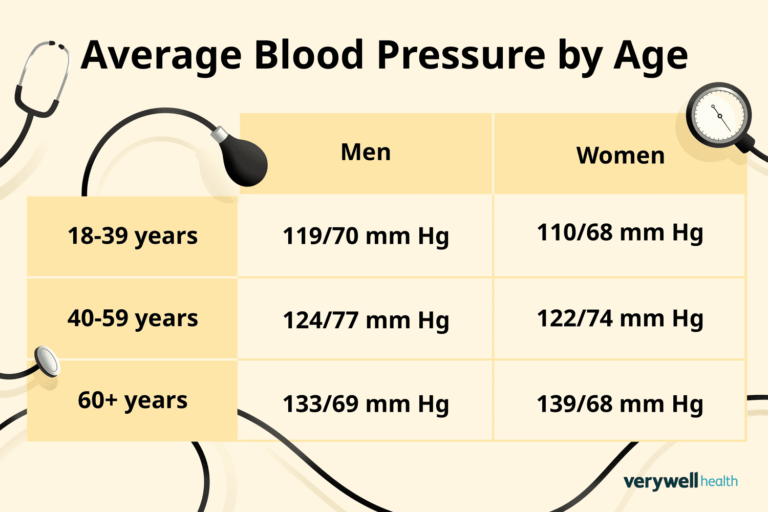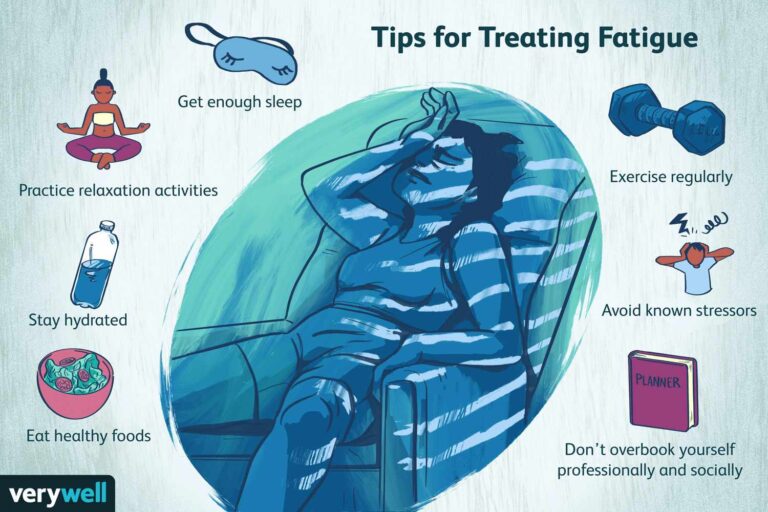Best Heart Rate Monitors for Arrhythmia
Irregular heartbeat, also known as arrhythmia, is a condition where the heart beats too quickly, too slowly, or irregularly. It can be caused by various factors such as high blood pressure, heart disease, electrolyte imbalances, or even stress and anxiety. While some arrhythmias are harmless, others can be life-threatening if left untreated.
Monitoring your heart rhythm consistently is crucial for early detection and management. Thankfully, with advancements in health tech, heart rate monitors have become more accessible, accurate, and easy to use at home. In this article, we explore the best heart rate monitors for arrhythmia, how they work, and how they can benefit those managing heart conditions.
Why Monitoring Arrhythmia Is Crucial
Arrhythmia can sometimes occur without noticeable symptoms. However, in more severe cases, it can cause chest pain, fatigue, dizziness, or even fainting. Monitoring your heart rate allows you to:
- Detect abnormal rhythms early
- Share accurate data with your healthcare provider
- Make informed lifestyle changes based on your heart health
- Reduce the risk of stroke or sudden cardiac arrest
You gain peace of mind and actionable insights into your cardiovascular health.
KardiaMobile 6L – Portable ECG Monitor for Arrhythmia
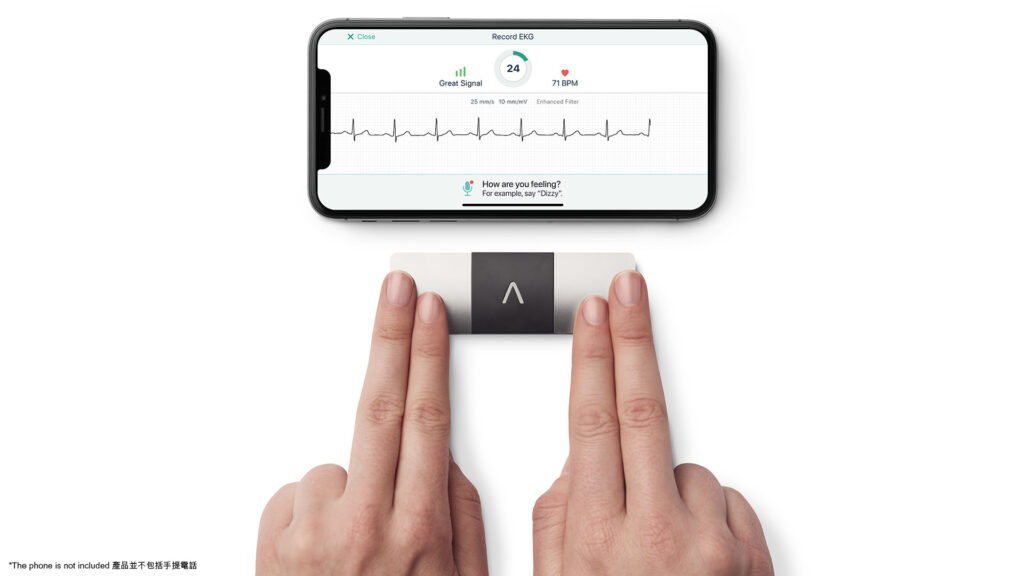
KardiaMobile 6L is a top-tier personal EKG device offering six leads of heart data, unlike single-lead monitors. It connects to your smartphone, allowing you to record a medical-grade ECG in just 30 seconds.
It’s FDA-cleared to detect atrial fibrillation, bradycardia, and tachycardia. The data can be emailed directly to your doctor, making it ideal for those needing constant monitoring between appointments.
Benefits and Use Case:
For patients with occasional arrhythmia, especially those undiagnosed, KardiaMobile offers real-time insights without needing a hospital visit. It’s pocket-sized and doesn’t require wires or patches, making it perfect for travel or daily monitoring.
Where to Buy:
Buy Now on Amazon
🔘 Click the button above to check price and availability
Polar H10 – Chest Strap Heart Monitor
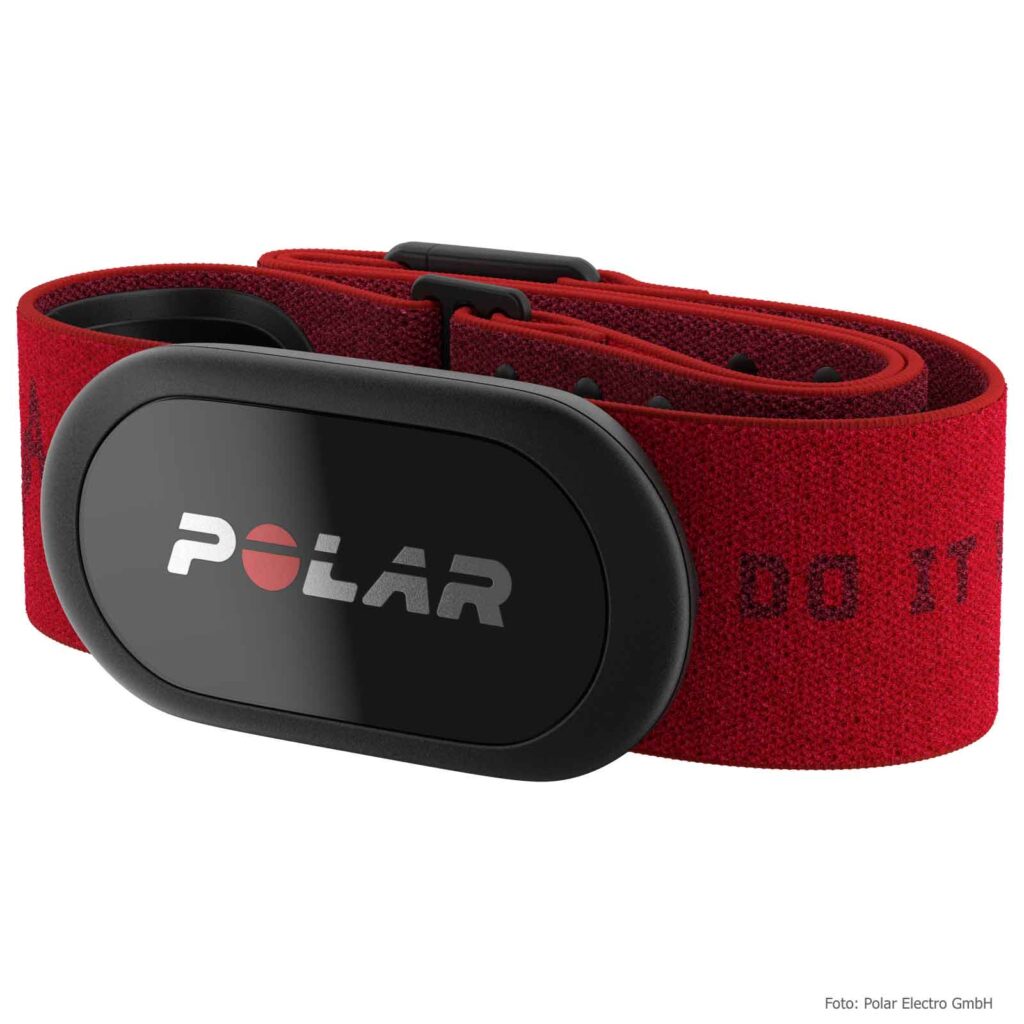
The Polar H10 is known for its ECG-accurate heart rate tracking. It’s preferred by athletes and patients alike due to its precision and compatibility with most fitness apps and devices like Garmin and Apple Watch.
Benefits and Use Case:
Those with arrhythmia benefit from its real-time monitoring, especially during workouts, where irregular beats can be triggered. Its long battery life and waterproof build make it reliable for consistent usage.
Where to Buy:
Buy Now on Amazon
🔘 Shop now for optimal heart rhythm tracking
Fitbit Charge 5 – Advanced Health Tracker
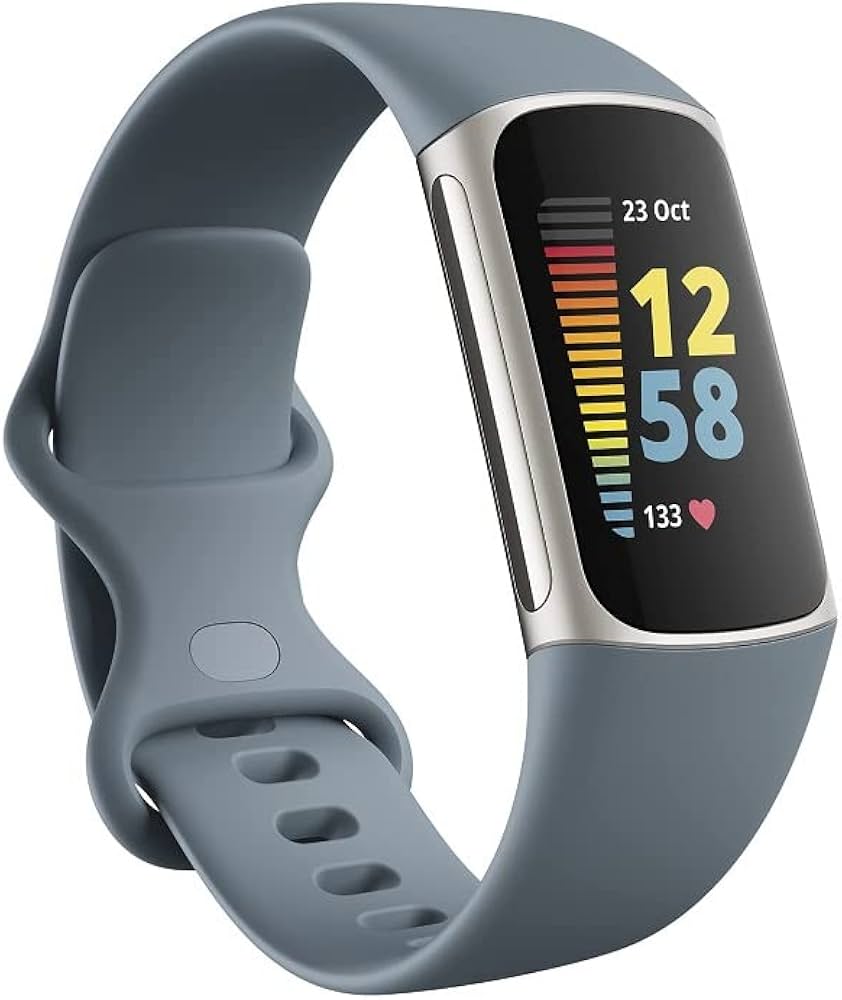
Fitbit Charge 5 offers electrocardiogram (ECG) functionality, heart rate variability (HRV) tracking, and stress monitoring. It’s one of the most user-friendly fitness trackers with built-in tools for managing irregular heartbeats.
Benefits and Use Case:
The Charge 5 can alert users if their heart rate exceeds or drops below thresholds, signaling potential arrhythmia. It also supports sleep and activity tracking for holistic health insights.
Where to Buy:
Buy Now from Fitbit
🔘 Get your heart health companion today
Omron Complete – ECG and Blood Pressure Monitor Combo
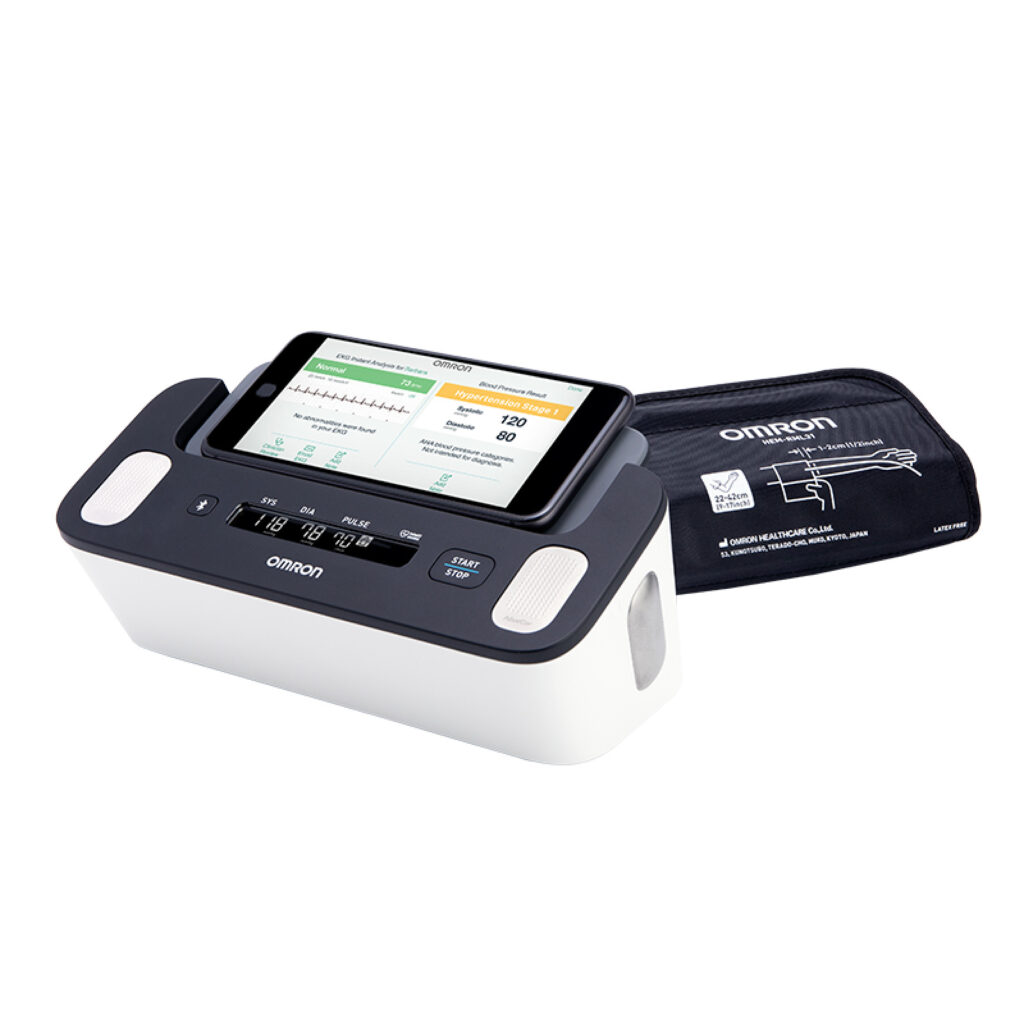
This all-in-one device helps monitor both heart rhythm and blood pressure. The Omron Complete allows you to take an ECG and BP reading simultaneously and share results with your doctor via the Omron Connect app.
Benefits and Use Case:
Perfect for those managing hypertension alongside arrhythmia. The combination of BP and ECG tracking helps detect early cardiovascular issues before they escalate.
Where to Buy:
Buy Now from Omron
🔘 Check pricing and features on Omron’s official store
Apple Watch Series 9 – Smartwatch with ECG App
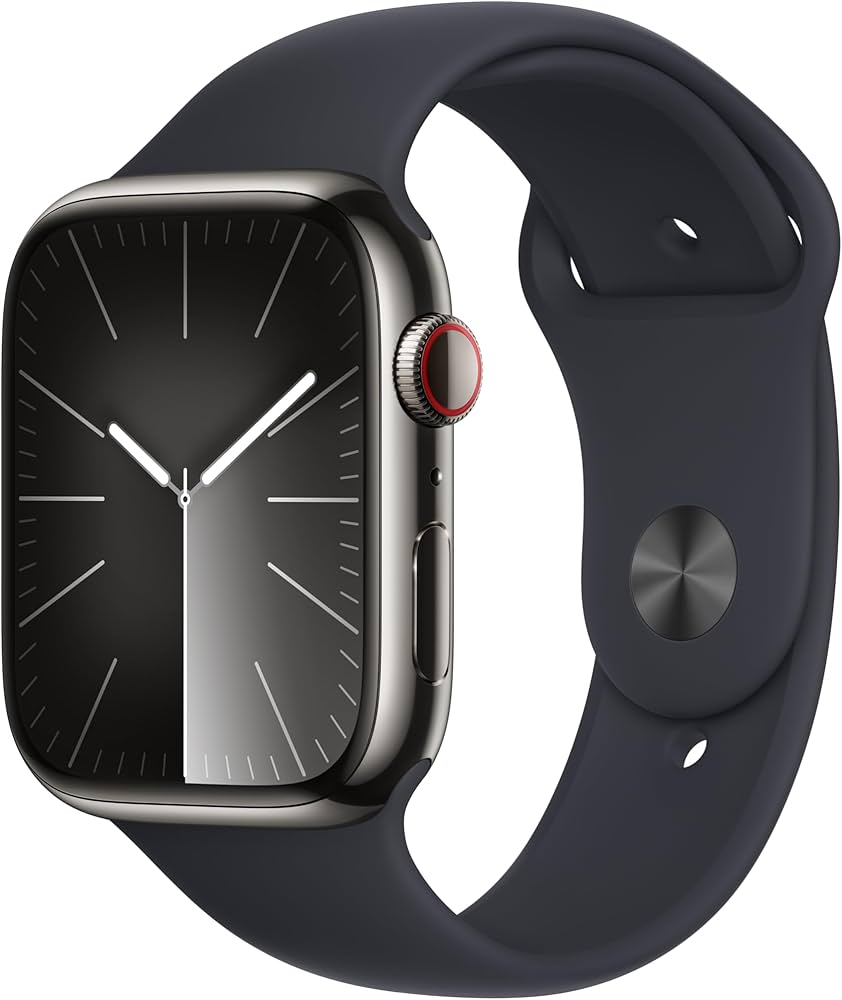
Apple Watch Series 9 includes an FDA-cleared ECG app that can detect signs of atrial fibrillation. It also offers heart rate notifications, fall detection, and emergency SOS.
Benefits and Use Case:
It’s a top choice for tech-savvy users who want seamless integration between lifestyle and health. With constant passive monitoring, it detects arrhythmia even when you’re unaware.
Where to Buy:
Buy Now on Apple
🔘 Explore advanced heart tracking with Apple
Technology Benefits of Using Heart Rate Monitors for Arrhythmia
Modern wearable ECG and heart rate monitors offer more than just beats-per-minute. These devices now come with:
- ECG waveform recording for accurate diagnosis
- Smartphone integration for storage and sharing
- Real-time alerts for abnormal rhythms
- Sleep, stress, and activity tracking
They empower users to take control of their heart health without waiting for hospital appointments or expensive tests. These technologies enhance daily life with insights that can lead to preventative action, potentially saving lives.
How to Choose the Right Heart Rate Monitor for Arrhythmia
When choosing a device for monitoring arrhythmia, consider:
- ECG capability
- FDA approval or clinical validation
- Battery life and comfort
- Integration with healthcare apps
- Data sharing with physicians
Opt for trusted brands and look for devices with positive reviews and medical-grade features. If in doubt, consult your cardiologist for product recommendations.
How and Where to Buy Heart Rate Monitors for Arrhythmia
Heart rate monitors for arrhythmia are available through:
- Official brand websites like Apple, Fitbit, Omron
- Online retailers like Amazon
- Local medical supply stores and pharmacies
Always purchase from authorized retailers to ensure product authenticity and warranty coverage.
🔘 Click on the buttons provided above to shop each recommended product easily.
Frequently Asked Questions (FAQ)
1. Can I use a smartwatch to detect arrhythmia?
Yes. Devices like Apple Watch and Fitbit Charge 5 offer ECG features that can detect irregular rhythms like atrial fibrillation.
2. Is a chest strap more accurate than a wrist-worn monitor?
Chest straps like Polar H10 are often more accurate during high-intensity activity, but wrist-worn monitors offer greater convenience for daily tracking.
3. Do I need a doctor’s prescription to use these devices?
Most personal ECG and heart monitors are available without a prescription, but it’s best to consult your doctor for device selection and interpreting results.
